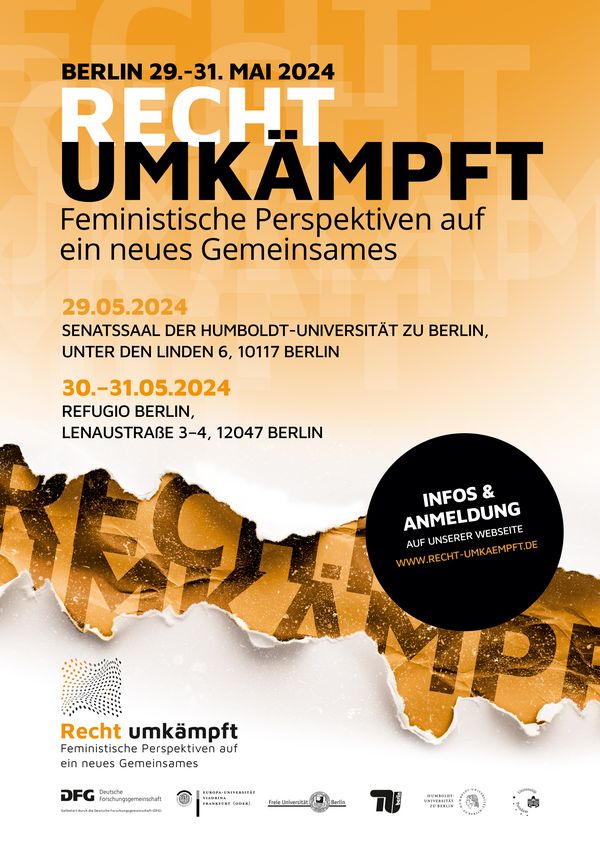Climate change is happening, and soon its impacts could exceed human ability to adapt. Against this backdrop, the Anthropocene entails fundamental challenges for nature-society relations and modern certainties. The emerging phenomenon of climate litigation shows how both universalized distinctions – such as the human/nature dichotomies – as well as inner-categorial hierarchies that shape these distinctions are contested through legal practices. In the pending case of Klimaseniorinnen et al vs Switzerland, the claimants refer to gender and age-based vulnerability to, on account of inadequate climate legislation, argue a violation of their rights to life and private life under Art. 2 and 8 of the European Convention on Human Rights. Using the example of Klimaseniorinnen, this lecture asks: How does legal mobilization shape negotiations of the Anthropocene? How does the case of Klimaseniorinnen challenge universalized certainties? Which notions of relationality and interdependency emerge in relation to modern categories, yet also in terms of a new common?
Registration: https://uni-hamburg.zoom.us/meeting/register/u5EscuCoqTsjHdI6MFIpY2IMYruRS5dsCUio
